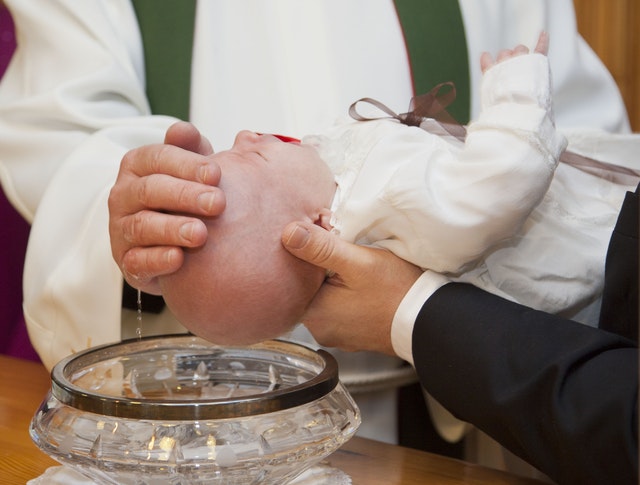Sacraments
“No doubt, it is a great grace to receive the sacraments!” St. Thérèse of Lisieux, called by Pope Pius X the “greatest saint of modern times.”
The sacraments of Christian initiation – Baptism, Confirmation and the Eucharist – lay the foundations of every Christian life. ‘The sharing in the divine nature given to men through the grace of Christ bears a certain likeness to the origin, development and nourishing of natural life. The faithful are born anew by Baptism, strengthened by the sacrament of Confirmation, and receive in the Eucharist the food of eternal life. By means of these sacraments of Christian initiation, they thus receive in increasing measure the treasures of the divine life and advance towards the perfection of charity.’
The moral life of Christians is sustained by the gifts of the Holy Spirit. These are permanent dispositions which make man docile in following the promptings of the Holy Spirit.
The seven gifts of the Holy Spirit are wisdom, understanding, counsel, fortitude, knowledge, piety and fear of the Lord. They belong in their fullness to Christ. They perfect and complete the virtues of those who receive them and bring them to a way of life which is better for them and for those around them. The words of Jesus remind us that it is only through him that we can live meaningful lives: “I have come that you may have life, and have it to the full.” (Jn 10:10) It is easy to slip into the prevalent way of thinking in modern society, that we are our own masters, and that our ultimate goal should be independence and self-reliance. But let’s have a look at what St. Teresa of Avila, the first woman to become a Doctor of the Church, has to say about what blocked her progress:

This self-reliance was what destroyed me.
I give you one counsel; don’t think that through your own strength or efforts you can arrive, for it is beyond your power; for if you try to reach it, the devotion you have will grow cold. But with simplicity and humility, which will achieve everything, say: fiat voluntas tua (your will be done).
Teresa points out the difference between the demeanour of someone who is approaching the spiritual journey as a matter of one’s own effort, and that of someone who is trusting in the mercy of God.

When we are more determined we are less confident of ourselves, for confidence must be placed in God. When we understand this… there will be no need to go about so tense and constrained… We will go about with a holy freedom.
St. Francis de Sales reminds us of the centrality of trust in God: “If anyone desires to be delivered to peace out of love of God, he will strive patiently, gently, humbly and calmly, looking for deliverance to God’s goodness and Providence rather than to his own industry or efforts; but if self-love is the prevailing object he will grow hot and eager in seeking relief, as though all depended more upon himself than upon God. Diligence and perseverance go hand in hand with calmness and peace.”
Eventually, Teresa promises us that if we keep trying and trusting we will become saints.

Have great confidence, for it is necessary not to hold back one’s desires, but to believe in God that if we try we shall little by little, even though it may not be soon, reach the state the saints did with His help.
“It is the Spirit that gives life, while the flesh – is of no avail. The words I have spoken to you are spirit and life.” Jn 6:63




